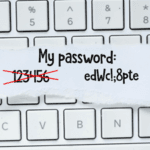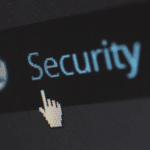As a business leader, you carry immense responsibility to safeguard your company’s sensitive data.
Multi-factor authentication (MFA) has emerged as a critical defense for securing systems against intruders. MFA intensifies protection by requiring users to validate identity through multiple verification steps before system entry.
This layered approach makes infiltration exponentially harder, rendering password theft alone insufficient for hackers.
The Five Authentication Factors
MFA leverages five distinct identity validation types: knowledge, possession, biometric properties, location, and behavior patterns.
These encompass passwords, SMS codes, fingerprints, geo-tracking, and user tendencies.
By assessing multiple factors, MFA constructs robust user profiles to enable precise access control.
The Reality of Social Engineering and Phishing
However, MFA isn’t hack-proof. Devious attackers use social engineering and phishing ploys to sidestep safeguards.
By duping unwitting users into surrendering login credentials or sensitive data, hackers can potentially access and hijack accounts. Factors like SMS codes remain vulnerable.
The Challenges of Universal MFA Implementation
Deploying expansive MFA also poses challenges. Authentication requirements can sometimes obstruct legitimate users lacking verification capabilities from system access.
Therefore, MFA solutions must balance security and usability.
Enhancing MFA for Superior Security
Adopting Risk-Based Authentication
To combat vulnerabilities, businesses should implement risk-based authentication – which heightens monitoring for high-risk activity like unfamiliar device usage or odd geo-locations.
By prompting additional protocols during perceived threats, this adaptive method enables smarter defense.
Embracing the Power of Passkeys
Passkeys boost protection by needing a registered device plus biometric data for cryptographic login.
Unlike old-fashioned passwords or SMS codes vulnerable to phishing, passkeys provide mighty MFA fortification.
Seeking Expert Cybersecurity Guidance
Since MFA intricacies are complex, professional advice can prove invaluable.
Experienced cybersecurity specialists possess the expertise to tailor robust yet usable MFA defenses aligned to your company’s needs – helping secure sensitive assets.





